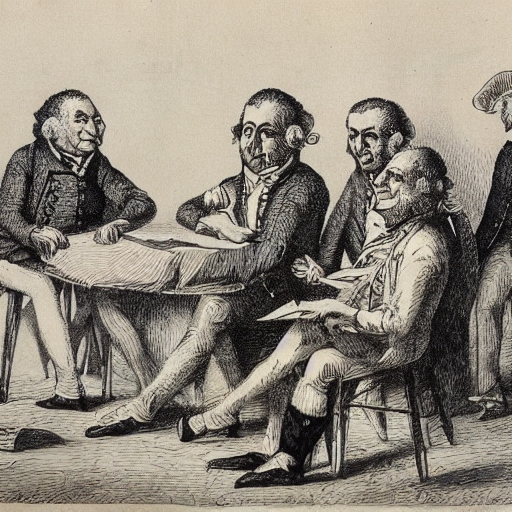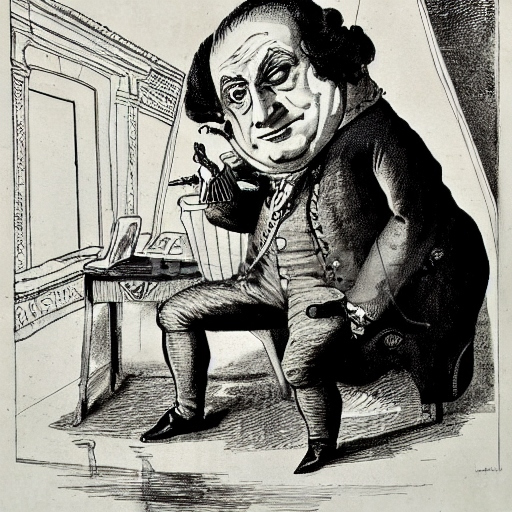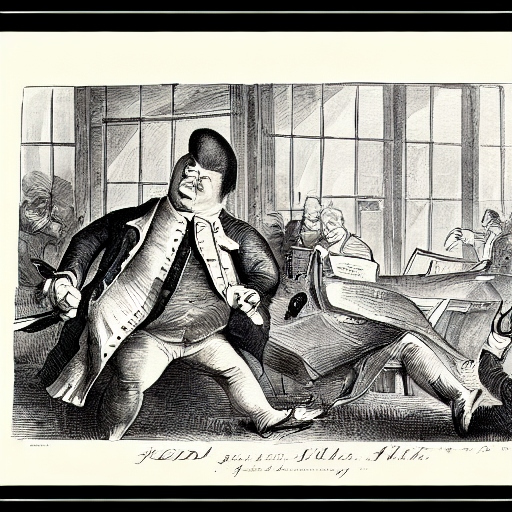A Roth IRA is a type of individual retirement account (IRA) that allows you to save for retirement on a tax-free basis. While there are many potential benefits to using a Roth IRA, there are also some drawbacks to consider. Here are some pros and cons of using a Roth IRA:
Pros:
- Tax-free growth: One of the main advantages of a Roth IRA is that the money you contribute to the account grows tax-free. This means that you do not have to pay taxes on the money you earn through investments within the account, which can result in significant tax savings over time.
- Tax-free withdrawals: Another benefit of a Roth IRA is that you can withdraw your contributions and any earnings tax-free in retirement. This can be especially beneficial if you expect your tax rate to be higher in retirement than it is now, as you will not have to pay taxes on the money you withdraw from the account.
- No required minimum distributions: Unlike traditional IRAs, Roth IRAs do not require you to take required minimum distributions (RMDs) starting at age 72. This means that you can leave your money in the account to continue growing tax-free for as long as you like, provided you meet certain conditions.
- Contribution limits: The amount you can contribute to a Roth IRA is generally lower than the amount you can contribute to a traditional IRA, which can be a pro or a con depending on your situation. For those who are unable to contribute the maximum amount to a traditional IRA due to income limitations, the lower contribution limits for a Roth IRA may be more achievable.
Cons:
- Income limitations: One potential drawback of a Roth IRA is that there are income limitations on who is eligible to contribute to the account. If your income is above a certain level, you may not be able to contribute to a Roth IRA at all, or your contributions may be limited.
- Contributions are not tax-deductible: Unlike traditional IRAs, contributions to a Roth IRA are not tax-deductible. This means that you cannot claim a tax deduction for the money you contribute to the account. This can be a disadvantage for those who are in a high tax bracket and looking to reduce their taxable income.
- Limited investment options: Another potential drawback of a Roth IRA is that the investment options may be more limited than what is available through other types of investment accounts. This can be a problem for those who want more flexibility and control over their investment portfolio.
In conclusion, a Roth IRA can be a useful tool for saving for retirement on a tax-free basis. However, it is important to consider the pros and cons of using this type of account before making a decision. By weighing the potential benefits and drawbacks, you can determine whether a Roth IRA is the right choice for you.






